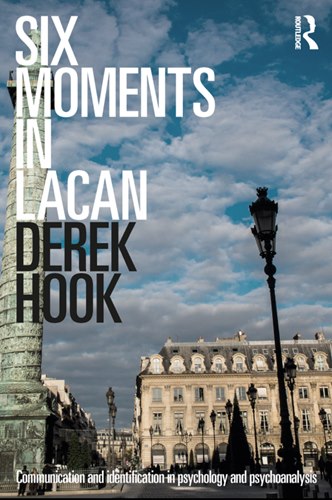Useful Links
Six Moments in Lacan
Many first-time readers of Jacques Lacan come to his work via psychology, a discipline that Lacan was notoriously antagonistic toward. Six Moments in Lacan takes up the dual challenge of introducing Lacanian psychoanalysis to an audience interested in psychology, while also stressing the fundamental differences between the two disciplines. Punctuated by lively examples, Six Moments in Lacan demonstrates the distinctive value of Lacanian concepts in approaching afresh topics such as communication, identity, otherness and inter-subjectivity.
Six Moments in Lacan
Why is it that each instance of speech implies a listener?
Why is the notion of subjectivity inadequate when it comes to the ‘trans-subjective’ nature of language?
Is it possible to elaborate a ‘non-psychological’ theory of identification?
Why is a Lacanian approach to ‘the subject’ so at odds with models proposed by psychology?
Six Moments in Lacan provides an accessible and highly engaging introduction to Lacan and Lacanian psychoanalysis, aimed at early practitioners and students in psychoanalysis, psychotherapy and those studying upper undergraduate and postgraduate level psychology.
Information
Users of Visitor are not allowed to comment this publication.